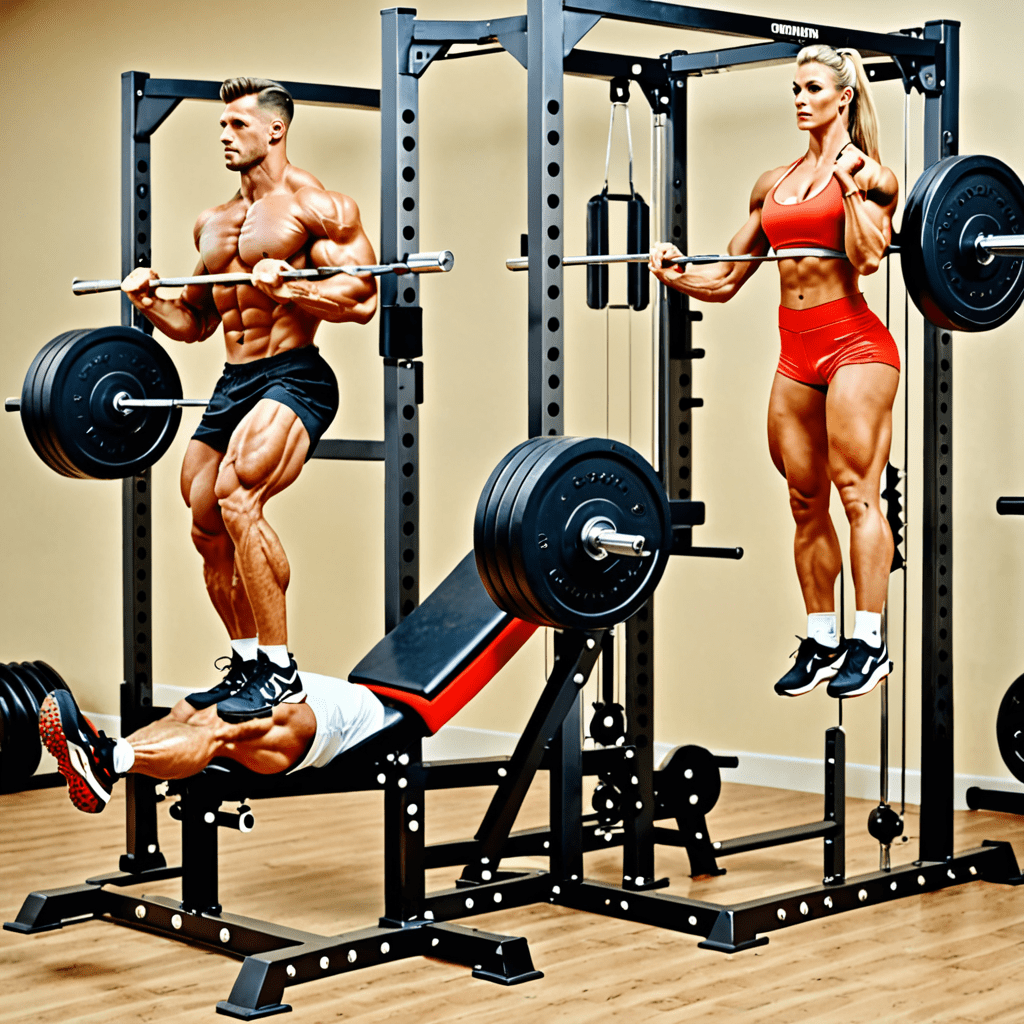
Muscle Building and Genetics: Working with What You Have
Understanding Muscle Building and Genetics
When it comes to building muscle, genetics play a significant role in determining an individual’s potential for muscle growth. While genetics may set some limitations, understanding how to work with your genetic predispositions can help maximize your muscle-building efforts.
Types of Muscle Fibers
There are primarily two types of muscle fibers: fast-twitch and slow-twitch. Fast-twitch fibers are more suited for explosive movements and larger muscle gains, while slow-twitch fibers are better for endurance activities. Genetics influence the ratio of these fibers in your muscles, impacting your response to different types of training.
Training Strategies
Based on your genetic makeup, tailoring your training routine can enhance muscle growth. For individuals with more fast-twitch fibers, focusing on heavy, compound lifts can be beneficial. Those with more slow-twitch fibers might benefit from higher repetitions and endurance-based training.
Nutrition and Genetics
Genetics also affect how your body responds to nutrients. Understanding your genetic predispositions can help optimize your nutrition plan for muscle building. Factors like protein metabolism, carbohydrate sensitivity, and nutrient absorption can vary based on genetics.
Recovery and Genetics
Recovery is crucial for muscle growth, and genetics play a role in how quickly you recover from workouts. Some individuals naturally recover faster, while others may need more time between sessions. Adjusting your recovery strategies based on your genetic tendencies can prevent overtraining and optimize results.
Consistency and Patience
While genetics play a role, consistency and patience are key in the muscle-building process. By staying dedicated to your training, nutrition, and recovery routines, you can work with your genetic factors to reach your muscle-building goals over time.
Seeking Professional Guidance
If you’re unsure how to navigate the intersection of muscle building and genetics, consulting with a fitness professional or genetic specialist can provide valuable insights. They can help tailor a personalized plan that takes your genetic makeup into account, optimizing your muscle-building journey.
Frequently Asked Questions (FAQ) about Muscle Building and Genetics
What role do genetics play in muscle building?
Genetics can influence factors like muscle fiber type, muscle size potential, and how quickly muscles recover. While genetics may play a role, it’s important to focus on proper training and nutrition to maximize muscle growth.
Can I still build muscle if I don’t have “good” genetics for it?
Yes, absolutely! While genetics can impact muscle-building potential, hard work, consistency, and smart training strategies can still lead to significant muscle growth. Focus on progressive overload, adequate protein intake, and recovery to optimize your muscle-building efforts.
How can I tailor my muscle-building approach based on my genetics?
Understanding your genetic strengths and weaknesses can help you personalize your training and nutrition plan. If you have more slow-twitch muscle fibers, for example, focusing on endurance training might be beneficial. Consulting with a fitness professional can also provide valuable insights.
Are there specific genetic tests available to assess muscle-building potential?
There are genetic testing options that claim to provide insights into athletic performance and muscle-building potential. While these tests can be intriguing, their reliability and accuracy may vary. It’s essential to approach such tests with caution and not solely rely on them to guide your fitness journey.


